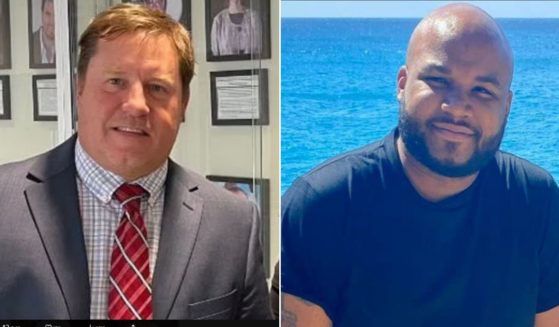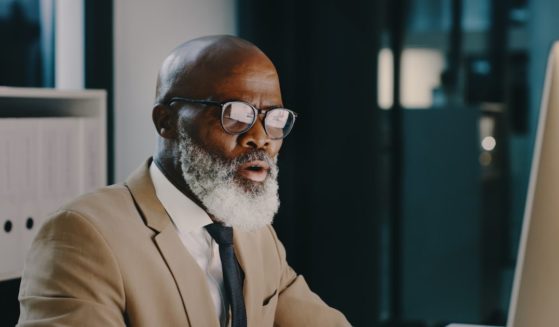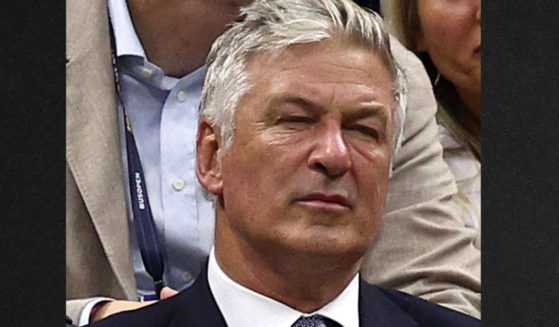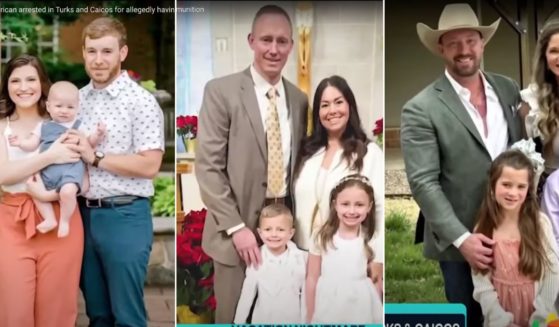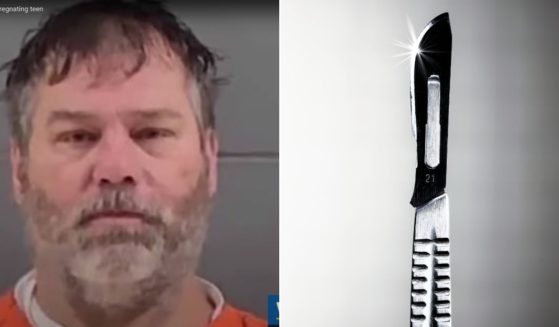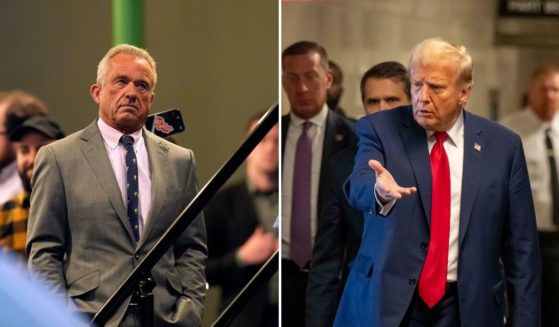Mar-a-Lago Judge Repeatedly Smacks Down Jack Smith in Scathing New Order
U.S. District Court Judge Aileen Cannon unequivocally shot down a request by Jack Smith’s prosecutors to deny access to defense attorneys in the classified documents case being brought against former President Donald Trump’s co-defendants.
The Miami-based judge, who is a Trump appointee, described the special counsel’s efforts to restrict discovery to the legal defense team in the case to be based on a “broad and unconvincing theory” and an “atextual” and “almost blithe” interpretation of the statute in question: Ouch.
This past summer, Smith’s prosecutors charged Trump valet Walt Nauta and Mar-a-Lago property manager Carlos De Oliveira with allegedly aiding Trump to unlawfully retain classified documents at Mar-a-Lago.
Cannon ruled Wednesday that the Office of Special Counsel’s broad interpretation of the Classified Information Procedures Act did not square with the plain reading of the law.
The judge wrote that Smith’s prosecutors want to restrict Nauta and De Oliveira “almost entirely from reviewing classified discovery to be produced in the case, and then placing the burden to justify otherwise on defense counsel.”
To justify their move, Smith’s team pointed to Section 3 of the CIPA law which states, “Upon motion of the United States, the court shall issue an order to protect against the disclosure of any classified information disclosed by the United States to any defendant in any criminal case in a district court of the United States.”
However, Cannon held a simple reading of CIPA does not support the special counsel’s position that the defendants’ attorneys can be restricted across the board from reviewing the documents that would be pointed to at trial as proof that Nauta and De Oliveira mishandled classified materials.
The judge highlighted that the statute makes a distinction between the defendants themselves and their lawyers.
“In the OSC’s view, even though Section 3 refers to ‘defendant’ — and even though Congress elsewhere in CIPA specifically referred to ‘any attorney of the defendant’ as distinct from ‘the defendant,’ see CIPA § 2 — the Court nevertheless must read the term ‘the defendant’ in Section 3 to mean ‘attorney for the defendant’ and then simultaneously interpret Section 3 to exclude ‘the defendant’ facing criminal indictment, at least in cases where the government proffers a basis to object to such disclosure pretrial,” Cannon wrote.
She labeled the special counsel’s position, a “broad and atextual interpretation” of the law.
Cannon instructed the prosecutors if they wanted to restrict the defense attorneys’ access to classified materials, they could do so on a document by document basis, pointing to section 4 of CIPA.
Section 4 reads, in part, “The court, ‘upon a sufficient showing,’ [may] authorize the United States to delete specified items of classified information from documents to be made available to the defendant through discovery.”
In other words Smith’s lawyers will have to go to Cannon and make the case each time why Nauta’s and De Oliveira’s lawyers should not have access to review the documents in question.
Cannon reiterated, “So again, we are left with the OSC’s broad and unconvincing theory, which is that the Court must change the meaning of the word ‘defendant’ to mean, essentially, ‘defense attorney to the exclusion of defendant.’ The Court declines to do so.”
The judge concluded, “In the end, whatever the contours of the OSC’s broad theory prohibiting a defendant’s access to discoverable information, the answer is not to change the natural meaning of a statutory word in Section 3 but rather to use the mechanism provided in CIPA to handle matters related to restricting discovery, which in the case of CIPA is Section 4.”
On a related note, Cannon hinted Wednesday she is considering delaying Trump’s May 20 trial in the documents case, Politico reported.
“I’m just having a hard time seeing how realistically this work can be accomplished in this compressed period of time, given the realities that we’re facing,” she said during the hearing.
Trump’s legal team wants the trial delayed until after next year’s election.
“Proceeding to trial during the pendency of a Presidential election cycle wherein opposing candidates are effectively (if not literally) directly adverse to one another in this action will create extraordinary challenges in the jury selection process and limit the Defendants’ ability to secure a fair and impartial adjudication,” the lawyers wrote in a July court filing.
On Wednesday, Trump’s attorneys told Cannon that preparing for the special counsel’s election interference case, scheduled to begin in Washington, D.C., in March, would get the in way of preparing for the documents case in May.
The election interference trial could go on for months, the lawyers argued, bumping right into the documents case in May, if the current start date stands.
Altogether, Trump is facing 91 felony indictments brought by Democratic prosecutors in New York City; Fulton County, Georgia; and of course Smith’s documents and election interference cases.
The Democrats are brazen in their efforts to interfere in the 2024 election by keeping Trump in the court room and off the campaign trial, not to mention depleting his funds to pay the millions of dollars in legal bills.
It’s a despicable and unprecedented time in U.S. presidential election history.
Hopefully, the American people see through the Democrats’ scheme and return Trump to the White House.
Then he should be able to get all the federal charges dropped and perhaps the state ones, too.
Truth and Accuracy
We are committed to truth and accuracy in all of our journalism. Read our editorial standards.

